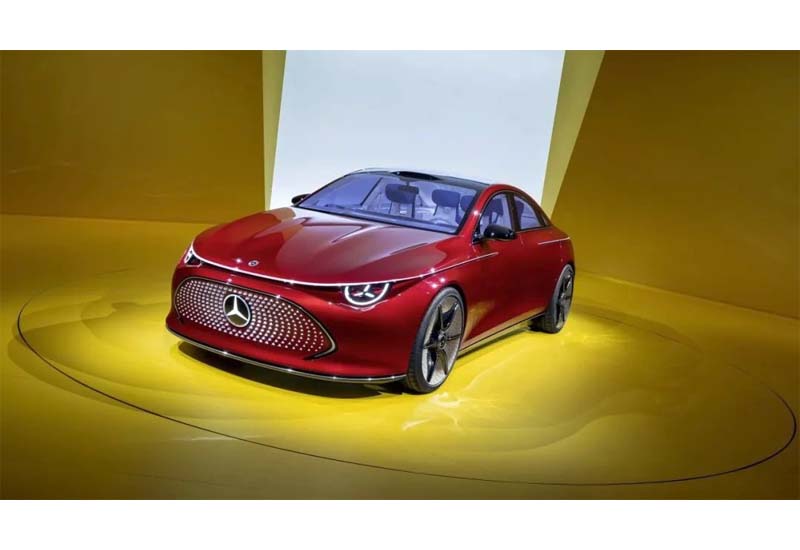The European automotive industry faces an existential challenge as its dependency on American and Chinese computing hardware and cloud services deepens. At a Berlin industry conference on Tuesday, Mercedes’ head of autonomous driving, George Marcin, delivered a stark warning about the continent’s technological vulnerabilities as vehicles increasingly rely on artificial intelligence.
“When it comes to high-performance automotive computing hardware, I have hardly seen any investment from Europe,” Marcin stated, highlighting a critical gap in Europe’s technological sovereignty. “The deeper AI is integrated, the more efficient computers we need.”
This dependency comes at a pivotal moment when software capabilities are rapidly becoming the primary competitive differentiator in the automotive market. While Tesla and BYD forge ahead with integrated software-hardware solutions, European manufacturers find themselves increasingly reliant on partnerships with tech companies from Silicon Valley and Shenzhen.
European policymakers have grown increasingly concerned about the region’s technological dependencies. Their calls for reducing reliance on non-European high-tech components stem from both security considerations and practical supply chain realities exposed during recent global shortages.
“Europe lacks both its own cloud computing services and the hardware needed to train these AI models,” Marcin noted, pointing to a fundamental weakness in Europe’s AI infrastructure. Deficit threatens Europe’s automotive future as cars transform into sophisticated computing platforms requiring massive processing capabilities.
European automakers, recognizing their technological disadvantages, have pursued strategic alliances with tech leaders abroad. Volkswagen, after experiencing significant setbacks in its software development efforts, has partnered with Rivian and XPeng to accelerate its electric vehicle projects. Meanwhile, the German automaker plans to cut 1,600 jobs at its troubled Cariad software division by year’s end.
Mercedes-Benz has taken a different approach, investing in Chinese autonomous driving startup Momenta to enhance its driver-assistance systems. Partnerships reveal both pragmatism and the uncomfortable reality that Europe’s automotive giants can no longer go it alone in the AI-driven future.
The situation raises important questions about whether these collaborations represent strategic adaptation or a form of technological capitulation. For an industry that has historically been central to European economic identity, the stakes couldn’t be higher.
As vehicles become increasingly defined by their computing capabilities rather than mechanical engineering, Europe’s automotive sector might find its Europe’s AI dependency has put its car industry on a collision course with technological reality.
Related Post
Mercedes-Benz all-new CLA: Revolutionary 800V EV System Delivers 492-Mile Range
Northvolt Bankruptcy Challenges Europe EV Battery Independence
Audi Cuts 7,500 German Jobs by 2029 as VW Group Restructuring Deepens
